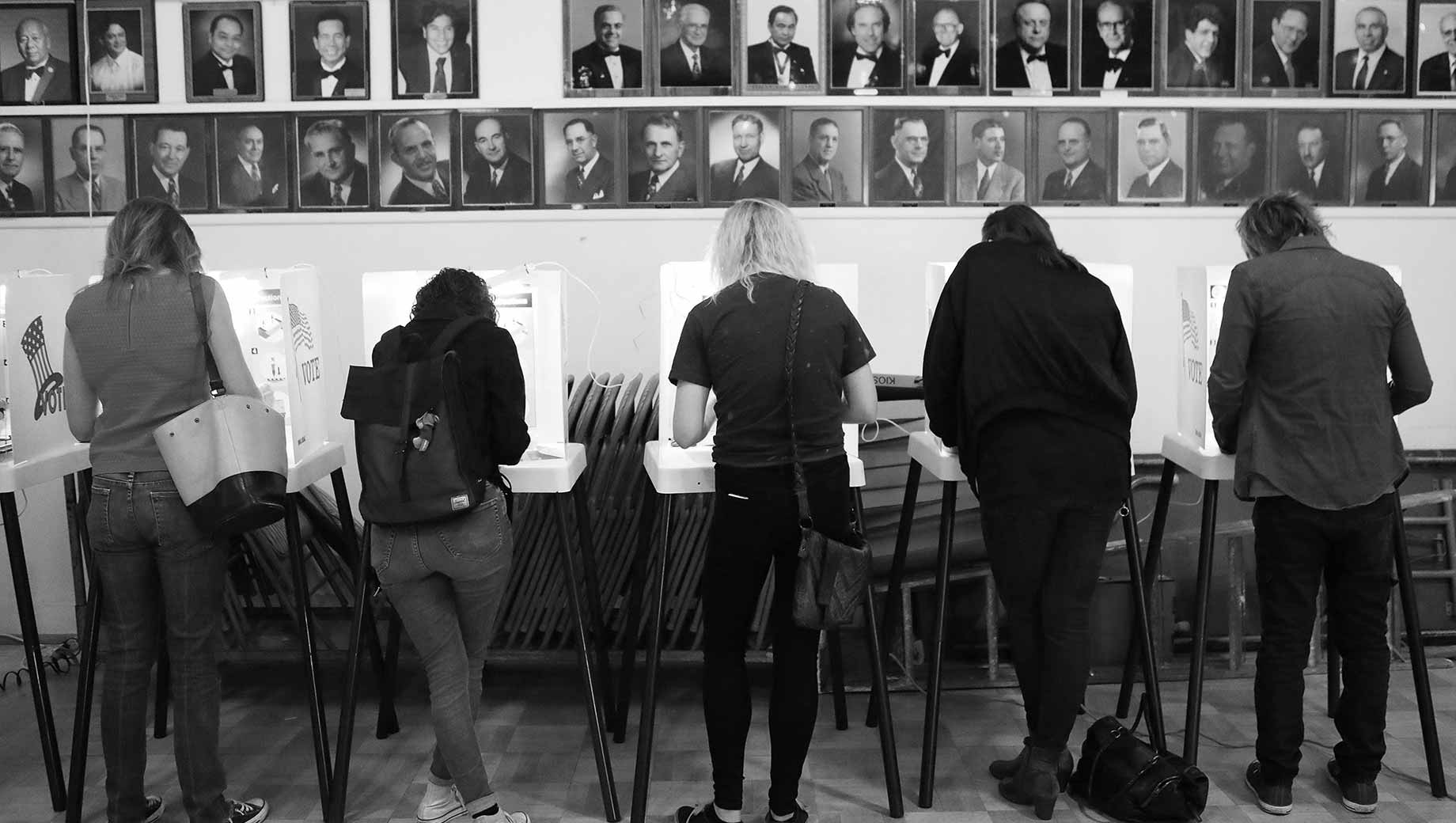It happened again last night. On a zoom call, a friend commenting on this year’s presidential election told me, “Ronald Reagan must be turning over in his grave.” The comment was meant to emphasize Donald Trump’s legal troubles, but made me remember someone telling me in 1980, that Dwight Eisenhower must be turning over in his grave at the thought of a B movie actor running for president.
Today’s Republican and Democratic parties have evolved, or should I say, morphed, with the times. Most of us choke at references to “The Party of Lincoln,” especially when we hear Trump make a racist comment or call for the mass deportation of undocumented immigrants. Similarly, one wonders what Bill Clinton, who worked with Republicans to balance the budget, would think of Joe Biden’s social and infrastructure spending. Clinton was not an advocate of “think big” spending.
Do party labels mean much these days? Republicanism once stood for limited government and, in some ways, still does. But while the party would like to abolish the IRS, trash as many regulations as possible, and ignore climate change, it also wants to regulate marriage, sexual identification, abortion rights, and, on a state level, what our children can read. Those policies are not reflective of limited government.
Similarly, Democrats fashion themselves as the champions of the right for the people to rule themselves. Our democracy, of course, is a representative democracy. Voters do not get the opportunity to weigh in on anything except who will represent them, and that system has its flaws and limitations. Political parties limit voters’ choices. In November, for example, Democratic voters will have the opportunity to vote for one candidate, Biden. For many of these Democrats, Biden is too liberal, too pro-Israel, too old, or otherwise not ideal, but the choice will be him or DJT.
In 2016, we were reminded that presidential primaries sometimes produce a presidential nominee that party leaders do not want. Those party leaders, of course, are soon replaced by people supporting the winner of the primaries. Once Trump had control of the Republican party, he effectively incorporated it into The Trump Organization. Today there is no room in the party for candidates not putting Trump ahead of everything else. That is why many Republicans believe Trump killed the party.
The voters who gave us Trump were a minority of the Republican electorate in 2016. Trump consolidated his hold on the party by effectively sending his competitors to Siberia. Jeb Bush was once considered the likely 2016 Republican nominee until Trump tore him to shreds with ridicule. We have heard the last of him.
A vocal and energized group of Democrats rallied around Bernie Sanders in 2016. The party was morphing into a Social Democratic party, embracing social programs that FDR might have opposed. The Sanders movement was quashed by party elders, notably Congressman Jim Clyburn (D-SC) who concluded that the party needed a more moderate candidate who would not drive moderate Democrats to Trump or into not voting. Joe Biden, who had fared poorly until Clyburn embraced him, was the result.
Is it any wonder that voters are skeptical about political parties today? Many voters take campaign promises with a grain of salt. Their decisions to support or oppose particular candidates hinge more on fear of the other party’s candidate, an assessment of “charisma,” who has been endorsed by what celebrities, and often other single issues.
I have asked a number of acquaintances why they support Biden or Trump. Fewer than one in three responses involve assessments of what the candidate has done or promises to do. Joe Biden gets no credit for a strong economy, low unemployment, improving infrastructure, or promoting economic justice for all. Instead, Democrats support him because Trump is “bad,” crazy, indicted, and sleazy. One woman answered my question by citing Saturday Night Live skits, repeating reports that Trump smells bad, and opining that Melania will divorce him if he loses in November.
In the case of Trump, supporters tell me that he is strong, decisive, honest (how ironic), and “cares about people like me.” They also cite Biden’s age, Hunter Biden, and rumors that Biden took drugs before delivering a better-than anticipated State of the Union address. I rarely hear anything about Trump’s policies other than support for lower taxes, kicking President Xi’s ass, closing the border, and keeping trans athletes out of women’s sports.
Such reflections about voters make me worry about November. It is no secret that I believe Joe Biden has done a more than decent job on the economy, despite inflation, and is more in sync with American values than his opponent is. But voters, or, better said, a critical mass of voters, seem not to care.
If Biden is to win in November, he must find a way to get people to do their homework. They must read about his and his opponents’ plans for the next four years. This is a heavy lift given voters’ interests, but it must happen. Our future may depend on it.
J.E. Dean is a retired attorney and public affairs consultant writing on politics, government, and all too infrequently, other subjects.



Write a Letter to the Editor on this Article
We encourage readers to offer their point of view on this article by submitting the following form. Editing is sometimes necessary and is done at the discretion of the editorial staff.